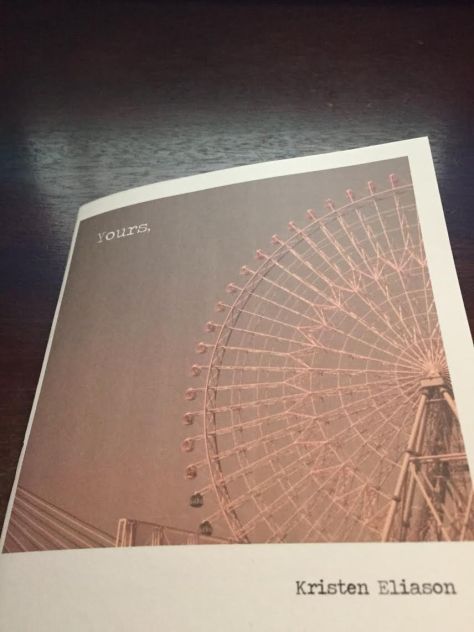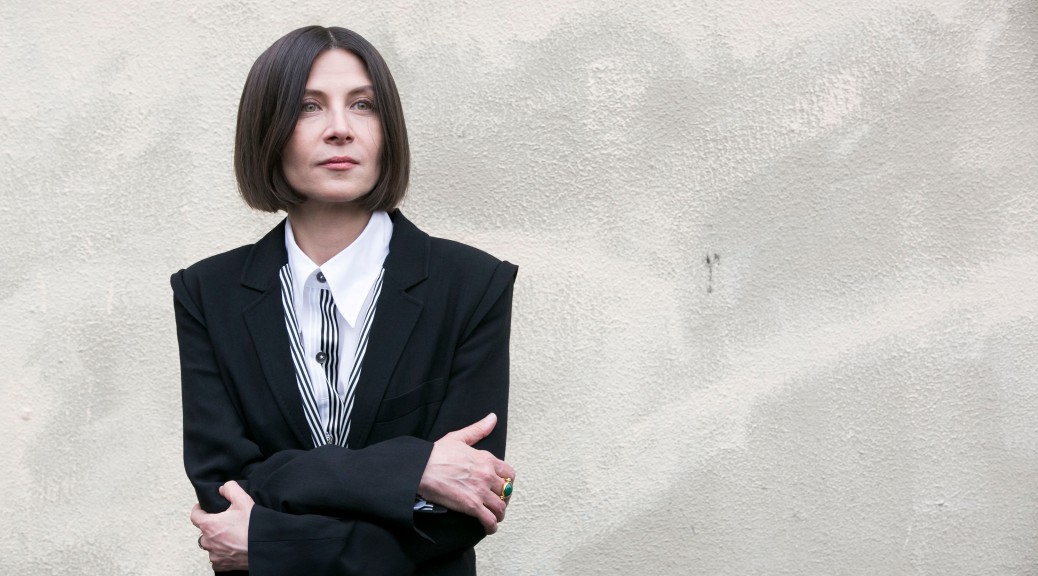
(excerpt from his book, ‘Person’)
pg. 17 “I’m walking around Chicago, feeling like a piece of shit.”
—I really liked this line, but for very unique/personal/weird reasons, probably. I’ve always been obsessed with big cityscapes. Chicago is one of only two major cities I’ve been to, and it’s the one I’ve been to most often & have the most positive associations with (the other being Detroit and negative). I’ve basically had a hard time falling asleep every night that I can remember, and especially during very stressful times in my life when trying to fall asleep at night I try to calm down by imagining walking around Chicago, filling in as many details and places from memory as possible. So both frequently in my imagination as well as a few times in real life I’ve literally had intense moments of thought and imagination while walking around Chicago feeling like a piece of shit.
pg. 18 “I always think about getting randomly hurt and how awesome it would be to just immediately be changed and removed from my situation. // To have something direct to worry about, like a broken leg or a really big cut.”
—I feel like I can very much relate to this concept. It’s importantly not suicidal or desiring of pain, but entirely emotional / at a sort of stoic remove. It seems like a combination of feelings of frustrating stasis (wanting something to badly change but not knowing what/how/why to best achieve this changing) and a desire to have a focal point for anxiety/sadness/anger. This seems to be a very consistent theme in a lot of ‘alt lit’ and my own existence, the cliche generalized depression & even without contemplating how to change that feeling there’s a desire to have a direct and concrete locus to grasp onto. While never a cutter myself my understanding is that this is sort of why some people with depression/anxiety/stress cut, giving a clear physical sensation/point of focus, a way of funneling or releasing those feelings. I really enjoy the hyper-awareness of self / thoughts / emotions in this excerpt, and again it’s a consistent theme in alt lit. I feel like I really enjoyed reading one of Tao Lin’s poetry books where he talks a lot about what I perceived as both intrigue and annoyance at the ability of energy drinks to affect his worldview; I think there’s an echo of that concept here.
pg. 18 (general) The amount of self-deprecation is bothering me a little, making me feel slightly that it’s too affected / overdone, but that makes me think about how I usually like things being ‘overdone’ or excessive so maybe I like this, but I’m really not sure.
pg. 19 “And I can see either accepting everything that happens, or accepting none, but in between I lose hope.”
—I really connect to this worldview. In a larger more abstract sense this seems to be my personality/approach to everything, I have a very addictive and obsessive personality; I’m never happy unless I’m doing something with extreme commitment, I don’t really do ‘hobbies’ well or dabble in things, I have to be doing things full bore or I think ‘What’s the point’. I’ve always not liked or not agreed with Socrates or whoever it was about ‘Moderation in all things’, the whole philosophy of moderation being the key to happiness. While self-evidently true in many things, as a larger philosophy it’s lost on me. I like how that idea is articulated here, how muddling about ‘in the middle’ means perhaps letting go of a more concrete / persuasive narrative.
pg. 20 “People are skating there together. // None invited me. // No, I don’t know, I mean that’s how I want it.”
—Another recurring theme at least as I’ve perceived it in many alt lit pieces (and I feel a great deal of empathy toward this feeling) — the paradox of wanting to not be alone but also having social anxiety / wanting to be alone to do certain things or write, which inevitably incurs a kind of bittersweet loneliness.
pg. 20 “Not quite a piece of shit myself, but the streak for sure. // For sure the area the shit passes over and leaves behind parts of itself.”
—I know this feeling and relate to it, but mostly marked this bit because I thought it was really funny, I laughed out loud.
pg. 21 “I want to itch my back until I feel pain. // No, I don’t know.”
—Not this passage specifically, but it’s an example of a recurring rhetorical device / thought mechanic, where the speaker states something, a feeling or opinion, then immediately seems to reflect on it and reverse course, sort of like the skating passage. I think everyone has these moments if they’re honest with themselves, it’s interesting to me how it illuminates how quickly we can perceive/judge something or someone, have an authentic emotional response we feel in the moment is genuine and accurate but literally a second later we’ve already engaged in honest introspection and concluded we were wrong. This happens I think as easily with banal moments (like the one quoted) as it does with more complicated / deeply felt moments.
pg. 25 “In resisting the urge I feel like something like a rush of energy through my heart-area.”
—Again this is one example of a recurring device, where the speaker uses strangely ambiguous descriptions. I feel like most of the time I understand why, because some sensations feel very vague in this is just attempting to be accurate, but sometimes it feels awkward / forced and I don’t know what it’s accomplishing and I don’t like it, it feels like a slack gesture, e.g. at one point the speaker talks about thoughts going into his ‘head-hole’.
pg. 27 (general) I really liked this scene in the 7-11, the kind of banal everyday but weird things that just happen, weird scenes we play a part in that could almost be some art house movie scene.
pg. 29 “My history is the history of things imagined and not-happened.”
—I love this, I think it captures the feeling of how much time we spend playing out possibilities not only to current / future choices or occurrences but also reflecting on past choices and experiences and how it could’ve gone better or differently. I also had just read a quote or something somewhere on twitter I think, a quote by someone about life being 65% what-if. I just now remember this was a line from a recent Dean Young poem but I’m not going to look it up, but it was a funny chance connection and I think they’re both getting at the same thing.
pg 29. “I live in Chicago and I don’t get along with a lot of people and the reasons are always new and wonderful.”
—Final line of the excerpt, and it it just touches back on everything throughout very well.





